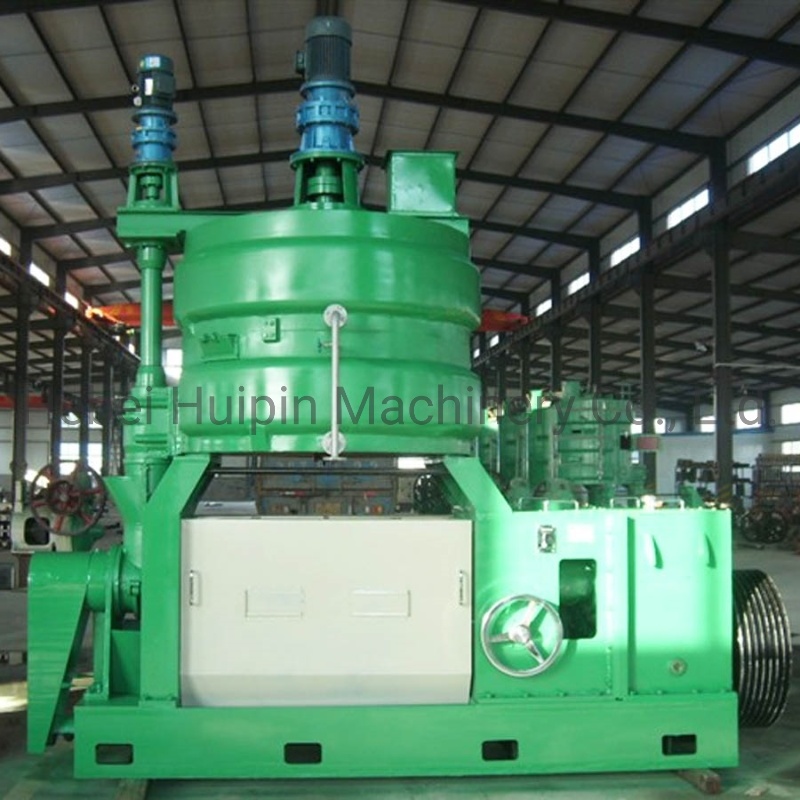Set . 29, 2024 04:05 Back to list
Custom Refined Cottonseed Oil Processing Equipment for Optimal Production Efficiency
Custom Cottonseed Oil Refined Machine An Overview
Cottonseed oil, derived from the seeds of cotton plants, is a popular cooking oil, valued for its light flavor and high smoke point. This oil is not just limited to culinary uses; it also finds applications in the cosmetic and soap industries. With the growing demand for cottonseed oil around the world, the need for an efficient refining process has become more critical. This is where custom cottonseed oil refined machines come into play, offering tailored solutions for oil processing facilities.
The Importance of Refining Cottonseed Oil
The refining process is essential to ensure that cottonseed oil meets food safety standards and has a longer shelf life. Raw cottonseed oil contains free fatty acids, phospholipids, pigments, and other impurities that can affect its quality and taste. The refining process includes several steps degumming, neutralization, bleaching, and deodorization. Each of these steps plays a vital role in enhancing the oil’s purity and quality.
1. Degumming This first step involves removing phospholipids which can cause cloudiness in the oil. Using a degumming agent, these phospholipids are separated out.
2. Neutralization This process removes free fatty acids that can affect the oil's flavor and nutritional value. By treating the oil with an alkaline solution, the free fatty acids neutralize, allowing for further purification.
3. Bleaching In this step, color pigments and other impurities are removed, typically using bleaching earth or activated carbon. This results in a clearer, more visually appealing oil.
4. Deodorization The final phase involves stripping away volatile compounds that contribute to odor and taste, ensuring the oil has a mild flavor suitable for cooking and food production.
The Role of Custom Cottonseed Oil Refined Machines
Custom cottonseed oil refined machines are designed to cater to specific processing needs. Manufacturers recognize that no two facilities are the same, and therefore, machines that can be customized to suit various capacities and operational requirements are invaluable.
These machines typically incorporate advanced technologies and automation features, which not only increase efficiency but also enhance the overall quality of the refined oil. For instance, modern machines often use methods like steeping, centrifuging, and vacuum filtering, resulting in higher oil yields and lower waste. Additionally, they can be constructed with eco-friendly materials and designed to minimize energy consumption.
custom cottonseed oil refined machine

Benefits of Using Custom Machinery
1. Efficiency Customized machines are built to optimize the refining process, resulting in faster throughput and lesser downtime. This allows oil processors to maximize output and profitability.
2. Quality Control Custom machines can be equipped with the latest technology to monitor parameters like temperature, pressure, and chemical composition in real-time, ensuring that the refined oil meets strict quality standards.
3. Scalability As the market for cottonseed oil grows, having machinery that can scale production according to demand is crucial. Custom machines can be adapted or expanded as needed.
4. Ease of Maintenance Custom designs can be easier to maintain, with manufacturers providing adequate training and support to ensure smooth operations.
Choosing the Right Machine
When selecting a custom cottonseed oil refined machine, it is essential to consider several factors
- Production Capacity Choose a machine that can handle your current and anticipated production volumes. - Technical Support Ensure that the manufacturer provides comprehensive support and maintenance services. - Customization Options Look for manufacturers that offer a range of customization options to tailor the machine to your specific needs, from size to performance features. - Budget While it's important to invest in quality machinery, ensure that it fits within your operational budget.
Conclusion
Investing in a custom cottonseed oil refined machine represents a strategic move for any oil processing facility. By enhancing the efficiency, quality, and scalability of the refining process, these machines not only improve profitability but also contribute to the broader goal of meeting increasing consumer demand for high-quality cottonseed oil. As the industry continues to evolve, staying ahead of technological advancements and tailoring solutions to specific needs will be key to success.
-
High-Efficiency Peanut Oil Refined Machine for Quality Oil Production Leading Exporters & Companies
NewsJul.08,2025
-
High Efficiency Sunflower Seed Oil Press – Leading Cooking Oil Press Machine Factories & Suppliers
NewsJul.08,2025
-
High-Efficiency Soybean Oil Press Machine – Leading Exporters & Reliable Companies
NewsJul.07,2025
-
High-Efficiency Seed to Oil Extractor – Reliable Extraction Machinery for Your Business
NewsJul.07,2025
-
High-Quality Pressing Screw of Oil Expeller for Efficient Oil Extraction Leading Exporters & Manufacturers
NewsJul.06,2025
-
High-Efficiency Essential Oil Extraction Machine Trusted Exporters & Companies
NewsJul.06,2025
